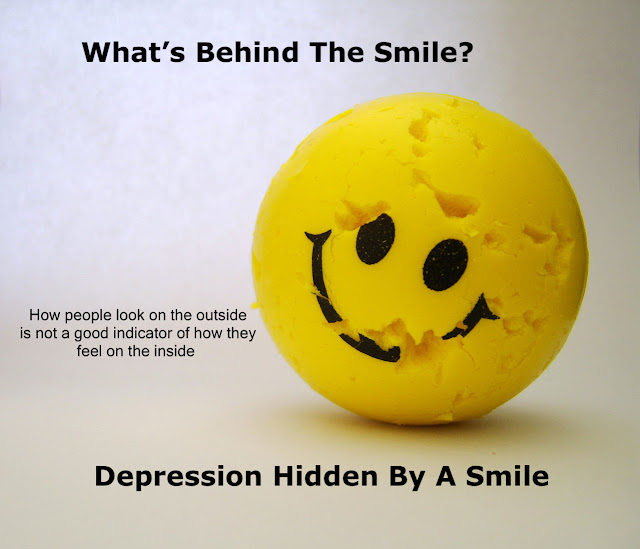Challenge Self-Doubt: Coaching and Hypnotherapy

“I know what I should do, but I’m not sure that I could do it.” This is a ‘what if?’ comment. When we think about making changes in our lives we can sometimes put blocks in our way with ‘what if’s”. What if I fail? What if it is a mistake? What if I regret it? More often than not we spend time thinking about the downsides of the change rather than the benefits, even though the positives were exactly what created the desire to change in the first place. Negative focusing is a powerful force in stopping us from progressing in the way we should. The key is to get into the habit of reframing the negative ‘what if?’ into a positive statement of what is going to happen. I am all in favour of positive imagination and dwelling on what our life will be like when the goal is achieved, but it is important that it is always framed in a positive way. The most important thing to understand is how to reframe or rather change that negative view into dwelling on what if you succeed? What if it

